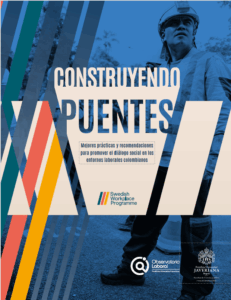Companies with diversity and inclusion in focus create innovative results
Companies that embrace change to deliver business value are likely to be those that also support diversity and inclusion initiatives. Research shows that companies with more diverse teams surpass those with a more homogeneous workforce. A research report from McKinsey (Women in the Workplace 2020) shows that greater diversity in the workplace results in greater profitability and value creation.
The Swedish Workplace Programme (SWP) facilitates companies in creating dialogues at the workplace as a basis for enabling change. The team members in SWP have experience and ambition to support companies to become more diverse and promote gender equality as a driving force to increase inclusion at the workplace. Read the SWP team member’s views and ambitions:

“A diverse workplace gives access to a greater range of competence, not just the one that belongs to a particular gender, view or ethnicity. Inclusivity and diversity at a company help provide insight into the needs of the entire client and customer base, rather than just a small part of it.”
Kaveh Hagi, SWP Programme Director Latin America
“Working life is unfortunately still heavily segregated and unequal. Women still work more often than men in low value traditional female occupations. Women who work in traditional male-dominated occupations have, to a greater extent than men low-value tasks, they are to a greater extent affected by occupational diseases and they are given fewer opportunities for skills development.
Companies with values based on diversity and equal value of human beings, that offer opportunities for skills development, where different experiences, knowledge and skills are utilized, create good conditions for successful companies that can offer an attractive environment and good and developing jobs.”
Mats Svensson, International Secretary, IF Metall


“In an ideal world being a cisgender male wouldn’t hold inherent privilege. Yet practically every aspect of moving as a woman in the world holds additional complication and risk, whether it’s considerations of safety, accessible transport, ablution facilities, to perceptions and stereotypes that further limit opportunities. At SWP, gender mainstreaming is a priority we aim to instil in all our initiatives. I am proud to work for an organisation that embodies the values of feminism and gender parity, and actively seeks to advance it in the work we do.”
Sena Ramlochan, SWP Regional Programme Coordinator, South Africa
“I am a firm believer we are ambassadors for change. In Colombia we are seeing progress, but we still have a long way to go. We have the power to choose to challenge biases, behaviours’, preconceptions, paradigms, and structural challenges around how people are or should act, feel, speak, or decide based on gender or other identities. At SWP we are committed to promote this dialogue in our organisation and with our partners. Let us rise to the challenge and empower ourselves and others to construct an equal and inclusive society, where we can all thrive how we choose to.”
Maria Castilla, SWP Region Programme Coordinator, Colombia





